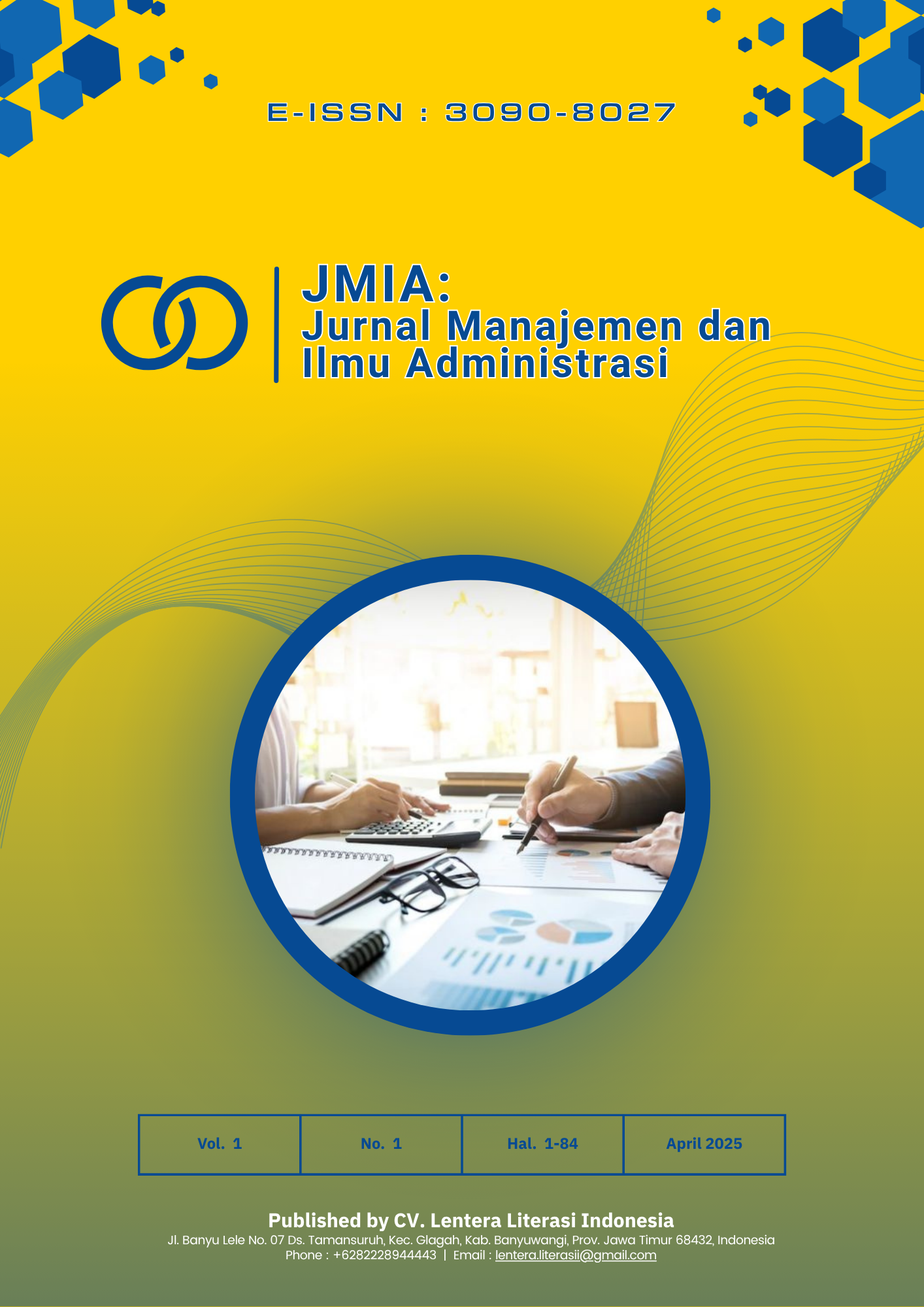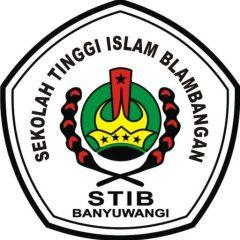Slow Living: Transisi Gaya Hidup dan Ekuilibrium Keperilakuan Finansial
DOI:
https://doi.org/10.58472/jmia.v1i1.52Keywords:
Slow Living, Financial Behavior, Behavioral Life-Cycle, Financial Wellbeing, Small BusinessAbstract
Slow living financial behavior represents a lifestyle approach grounded in mindfulness, planned financial management, and resistance to consumerist culture that dominates modern society. This study employs a descriptive qualitative method, using data collection techniques such as in-depth interviews, participatory observation, and social media content analysis. Informants consist of individuals who are part of the slow living trend on social media typically aged 35-40, with more than seven years of corporate experience, who chose to resign. This transition marks the second behavioral life-cycle, where individuals monetize their professional skills and experience by shifting to small businesses based on personal passion. This decision often stems from dissatisfaction, career stagnation, workplace pressure, and a mismatch between effort and compensation. Slow living also emerges as an alternative to the exhausting corporate work culture, promoting a more meaningful and sustainable way of life. However, the transition phase is financially demanding and challenging due to a lack of entrepreneurial behavior readiness. Therefore, financial wellbeing becomes a critical foundation before one can fully adopt the slow living lifestyle. The role of cross-subsidization the mobilization of large-scale funding by socially driven investors to support micro-enterprises is crucial for the sustainability and growth of businesses run by slow living practitioners. The study concludes that a balance between conscious consumption, financial stability, and structural support is essential for slow living financial behavior to become a sustainable lifestyle choice rather than a passing trend lifestyle.
Downloads
Published
How to Cite
Issue
Section
License
Copyright (c) 2025 Jurnal Manajemen dan Ilmu Administrasi

This work is licensed under a Creative Commons Attribution-ShareAlike 4.0 International License.






